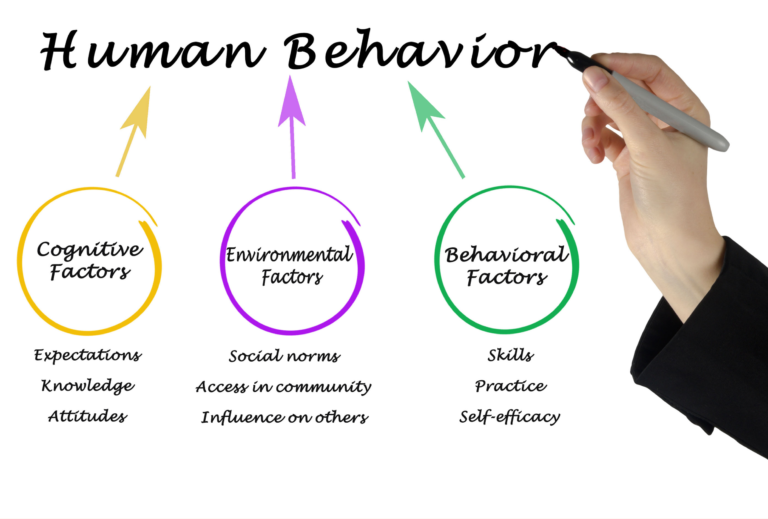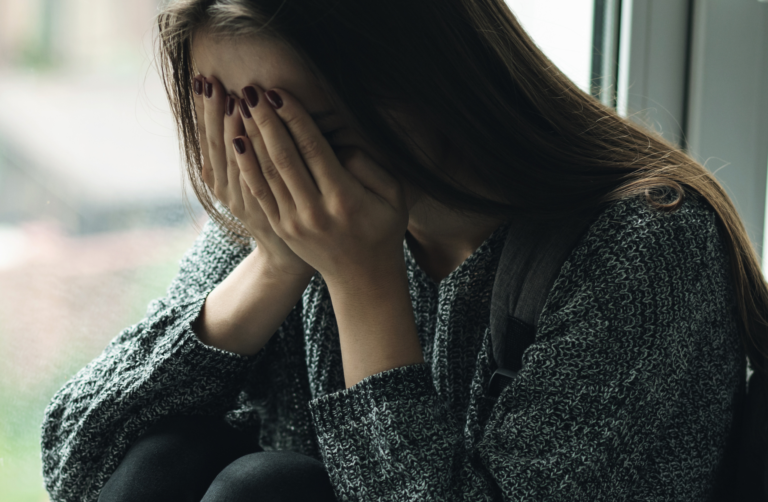Capiophobia
Capiophobia Prevents Vital Communication Between Civilians & Law Enforcement
Causes Of Capiophobia
The causes of capiophobia are so diversified and sometimes more of a cancerous origin, i.e., its source can’t be pinpointed. Most known phobias don’t often have an origin but spontaneously develop over time and become severe with time. However, the known causes of capiophobia are based on environmental and genetic factors.

Environmental Factors
The environment constitutes a major percentage of causes of phobias as it encompasses a wide range of subjective occurrences and challenges observed. It discusses to a great degree the surroundings and major early life contributing factors predisposing such a person to have the disorder. Let’s look at certain environmental factors with explanatory notes on how they could cause the disorder.

Traumatic Experiences
This factor predisposes one to the severe symptoms of this phobia. Past experiences easily induce phobic disorders and make your perception of many activities and people dangerous. A scenario in which you have been maltreated, beaten, or assaulted for an act you didn’t perpetuate will surely give you a wrong notion about the cops. The same goes for other forms of phobia; being bitten by a spider or any form of arachnoid will surely predispose the victim to arachnophobia; falling from a building or any cliff will surely predispose the individual to acrophobia. This goes on and on for other phobias because the brain has a mechanism of initiating fear of certain incidence that has occurred before. The brain is a storage facility that keeps vital information about you and how to protect you from such incidence again.
So, it brings to your awareness to such action when in a similar encounter again and secretes hormones to avoid the occurrence. This brain mechanism proves the proverbial adage which states “once bitten, twice shy,” i.e., your brain protects you from a recurring trauma. Negative experiences are a colossal cause of capiophobia and easily trigger the phobia even in situations that might not warrant the presence of police officers.
Upbringing Responses
Exposure to traumatic events can also be a factor. It could simply be that the victim witnesses’ traumas like police brutality, unlawful arrest, and many more, and that’s where the disorder started. Also, if an area is more of a place frequently visited by police to arrest people and the crime rate in such an area is at an alarming rate, capiophobia is so common in those areas. In areas where police sirens, gunshots, and arrests are noticed, if you were to grow up in such an environment, then there’s a likelihood that you have the phobia.

They have a huge toll on such an individual, and fear of what might happen next affects them. Also, relationships with family members who’ve had this fear could easily transmit to you based on what they feed you about policemen. This, however, can be dangerous with how you cope later in the future because they already show you the negativity of what you’ve not experienced yourself before, and you live on what they know and live by. Humans are subjected to peers, and we often build our beliefs based on what we feed our minds. So then, the reactions exhibited by others to a particular event surely predispose us to react similarly or even more strongly to such events. The two environmental factors discussed are psychological and take a great deal of effort and help to break the anxiety disorder.

Accumulated Long-Term Stress
You might have wondered how stress could predispose one to capiophobia. In situations when you already have a mild propensity to the disorder, stress can make the victim more prone to it. They find themselves more intimidated by police officers because stress points out the negativity you know about them and why they could be dangerous. Stress increases your level of anxiety and enlarges events that do not warrant it. For instance, if you had a stressful day at work and suddenly heard gunshots a distance away from your house, your anxiety about police activity will surely rise and put you on edge towards capiophobia.

Genetic Factors
Research studies have proven to a large extent the relationship between phobias and genetics. It’s believed that it can be passed down to offspring and shared between twins even if they are separated. Genes are so powerful as the offspring can inherit certain traits. In fact, the research proved further that if a family member has a phobia, there’s an increased risk for you to have such a phobia. This depends solely on its paternal and maternal side rather than the extended family. The likelihood is, however, much more possible if the offspring lives with the family member predisposed to this disorder. The offspring can easily embrace the mentality and grow the phobia until it becomes severe.
The difference in the range of anxiety from one individual to another can also be traced back to the gene. We can see that those who get scared easily can also be seen in the family, siblings, or parents, which is why the severity of capiophobia can also be gene related. Suppose the environmental factors are to be in conjunction with the genetic factors. In that case, it can be deduced that there’s a higher percentage of capiophobia, which is why both factors need to come into play to understand what causes it.
Even so, there are situations where both factors are neither active nor present, yet many people have the inherent fear of being arrested for no apparent reason. These situations are idiopathic because they have no origin, but some people suffer the disorder. Nonetheless, several prevention and treatments can help override and avoid it completely, which is what the following topics expatiate.

Treatment and Prevention of Capiophobia
There have been various ways to prevent phobias, which are still effective. It’s very easy to prevent the occurrence of capiophobia but much more difficult to get it treated. Like the proverbial adage says, “prevention is better than cure.” One of the potent ways to prevent capiophobia is to practice guarding your mindset. Your mindset is the channel to your perception and what you dish out. It cuts across your psychological, physical, and social well-being as the mindset is the channel or gateway to all of them. Let’s check out how to guard your mindset and even improve it, such as practicing having a positive mindset or engaging in meditation and exercising mindfulness thought activities.

What is Cognitive Behavioral Therapy?
Cognitive behavioral therapy provided by a licensed therapist is a common treatment method that may help people with capiophobia. Cognitive behavioral therapy is a talking therapy that helps to detect your problem and modify your thoughts, predisposition, and behavior towards it. CBT conceptualizes the relationship between your emotions, thoughts, actions, and sense organs and how they can loop you in a cycle. It helps to effectively understand how they correlate from the littlest of causes and how to modify them to make new changes. The process involved in getting it done is first to understand the problem and how you got to be fearful about police, then to prove how unrealistic it is and replace those negative thoughts with positive thoughts.
Although the fear of the police may be viewed as unrealistic in nature, the loss of trust in law enforcement is a realistic feeling and a public concern. High crime rates are associated with cities that experience a higher fear of the police, which creates a problem with willing communication between civilians and law enforcement.

Other Treatment Options
Apart from cognitive behavioral therapy, other forms of therapy are widely helpful and performed by licensed therapists. They include psychotherapy, talking therapy, exposure therapy, and counseling. They help you cope with the anxiety or replace the thought pattern occupied by fear. There’s no judgmental prejudice whatsoever, and your information is secured with the therapists so that you can express your feelings about it, and they can help you to figure out ways to work on your problems.
As helpful as it might sound, there are also self-help procedures and mechanisms that you can use to help overcome the disorders. Speak to a licensed therapist about common ways to approach self-help methods for overcoming the fear of the unknown, fixing the past, and facing your fears.
Report Crimes In Your School, Church, Workplace, Or Neighborhood Anonymously
You can make a difference by reporting suspicious criminal activity to your local authority. Suppose you are afraid of the police or law enforcement and don’t want to report a crime directly to your local police authority. In that case, you can choose to report suspicious criminal activity safely by using any of our domestic or international privately owned anonymous crime reporting resources below.
Reporting anonymous crimes often leads to a more honest report of the crime from people living with capiophobia because they are not interacting directly with law enforcement, the trigger of the phobia itself. Learn more about our Capiophobia Awareness and Prevention Program or our Saved By The Kindness Bell Program, here.
Last edited 11/27/2022.




